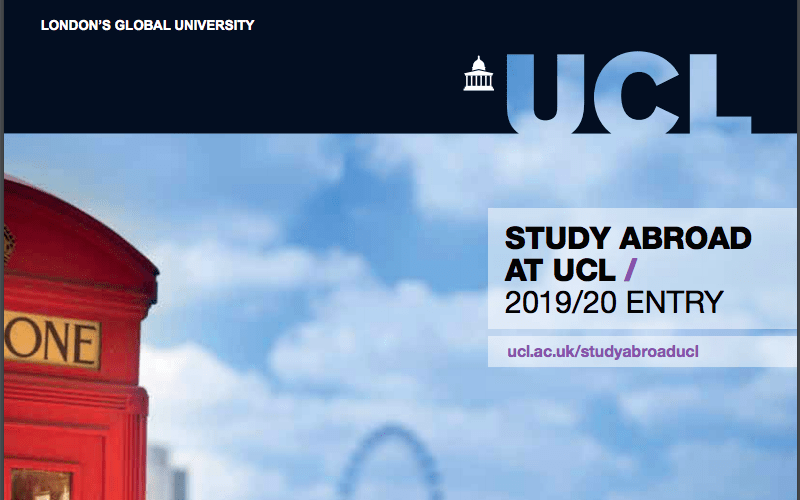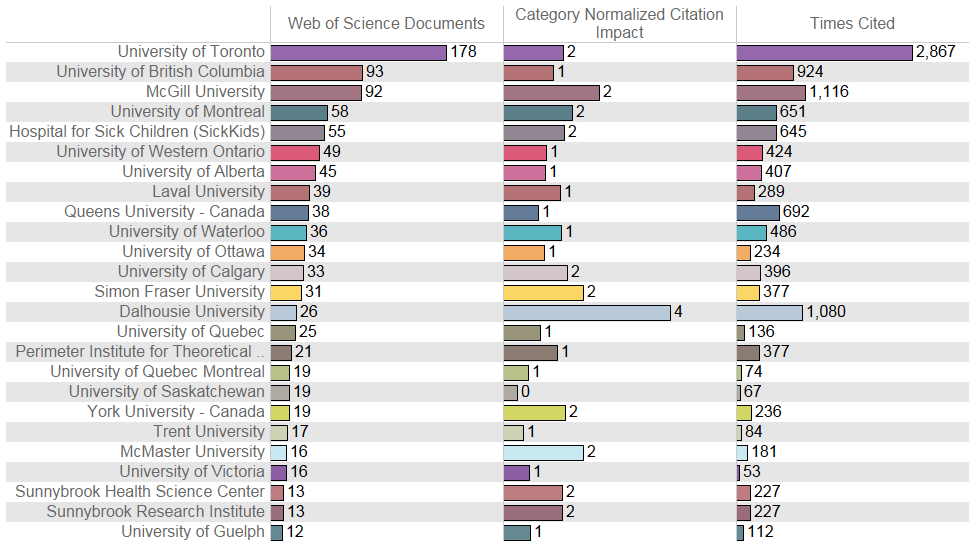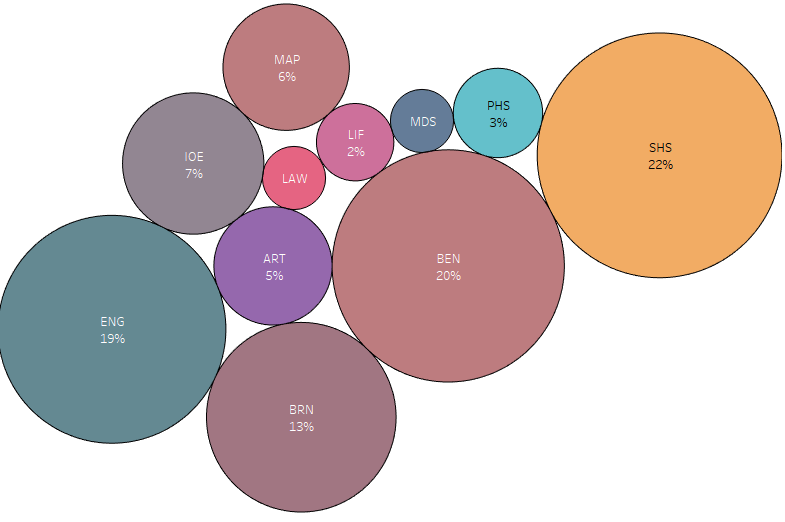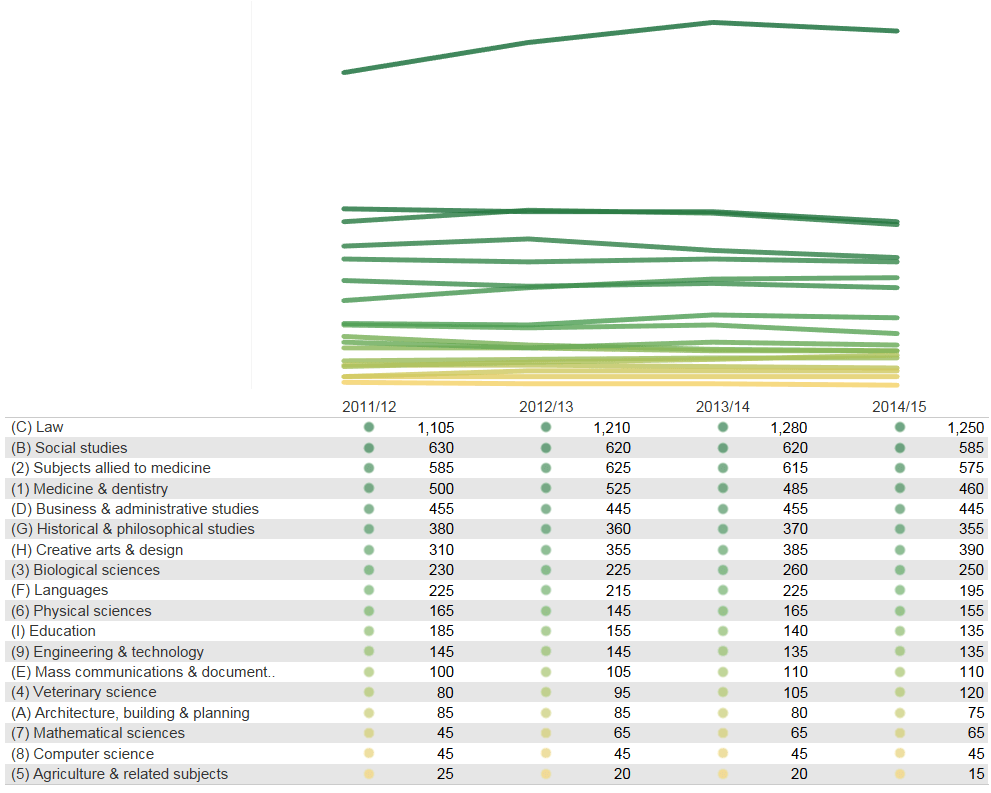Ask an Academic: Aimee Spector
By Sophie Vinter, on 21 November 2019
Aimee is Professor of Old Age Clinical Psychology in the Department of Clinical, Educational and Health Psychology, UCL. Her work focuses on CST (Cognitive Stimulation Therapy), which she originally developed as her PhD thesis from 1999-2001. Since then, she has established and coordinates the International CST centre and developed the CST training course, having trained over 2000 people in CST. She is the author of numerous academic  publications on CST and on the four CST training manuals. Since its initial publication in 2003, CST remains the only non-pharmacological intervention recommended for cognitive dementia in the updated (2018) Department of Health NICE guidelines.
publications on CST and on the four CST training manuals. Since its initial publication in 2003, CST remains the only non-pharmacological intervention recommended for cognitive dementia in the updated (2018) Department of Health NICE guidelines.
Aimee has continued to supervise academic research on CST and other psychosocial interventions for dementia, such as Cognitive Behaviour Therapy (CBT). In late November she visited Peking University to continue a collaboration with colleagues there into CST research.
Can you give us a brief overview of your research into Cognitive Stimulation Therapy?
The journey began in 1998, when I started my PhD here at UCL. My thesis aimed to develop and evaluate a non-pharmacological intervention for dementia, using similar methodology and outcomes to the drug trials, which at the time were the only recommended treatment for mild to moderate dementia. We ended up developing CST, a group intervention that stimulates different cognitive functions through fun activities. We found that its cognitive benefits were comparable to the dementia medication, whilst it also significantly improved quality of life. I have continued to be involved in CST research since then, including looking at its longer term effects, individualised CST and global implementation studies.
What got you interested in the subject in the first place?
When I was a psychology undergraduate, I did work experience in a care home for older people. I was shocked at the lack of stimulation that people received, particularly those with dementia, who spent so much time doing nothing. Their unmet needs and subsequent excess disability were palpable. I was very lucky to find a PhD project that so clearly matched a clinical interest of mine.
What kind of outcomes have you seen from implementing CST programmes around the world?
Several countries (including Brazil, the US, Hong Kong, Portugal, Germany and Tanzania) have subsequently translated, culturally adapted and evaluated the CST programme that we developed at UCL. Studies have repeatedly shown that CST leads to significant benefits in cognitive function, with many showing secondary benefits including significant improvements in quality of life, depression and carer well-being.
What will you be working on with your colleagues at PKU?
We are fortunate in that a Chinese CST manual is now published, and a team in Hong Kong have evaluated CST and published this work. We therefore are moving towards ‘implementation research’, which involves developing and testing methodology to bring an intervention into wide-scale practice. We will develop and publish an implementation plan for CST in China, which will involve interviewing a range of stakeholders (people with dementia and their families, health professionals and policy / decision makers). This plan will consider the barriers and facilitators of effective implementation, outlining mechanisms to overcome them. Our next step will be to collaboratively apply for grant funding to test out this implementation plan experimentally. We will use the methodology developed in a similar CST implementation programme (‘CST International’) that I currently lead in Brazil, India and Tanzania, funded by the MRC. We also plan to hold a conference at PKU on psychosocial interventions for dementia, develop the first cohort of CST trainers in China (as we have now done in Hong Kong) and are exploring opportunities for teaching and student exchange.
How do you think the cross-cultural collaboration will support your work?
Dementia is an enormous, global problem. Bringing in a range of cultural perspectives and testing implementation in different cultures and environments can only enhance our understanding of the mechanisms of action in CST and best practice in service delivery. This perspective is particularly important given that the UK is multicultural and we are often delivering clinical interventions to people from a range of cultures and perspectives.
What would you say to other UCL academics who are thinking of applying for UCL-PKU Strategic Partner Funds?
Go for it! These funds open up fantastic opportunities to search for new partners in your area of research, facilitate collaborations that otherwise might not happen, and enable cross cultural learning. My past UCL-HKU partnership supported by UCL Grand Challenges has led to long-term collaborations (and friendships), which I hope will continue to grow in years to come.
Find out more: International CST website
 Close
Close














 This International Women’s Day, the UCL Centre for Gender and Global Health will launch the inaugural report of
This International Women’s Day, the UCL Centre for Gender and Global Health will launch the inaugural report of 




